Schwarzenegger tells his own incredible life story in Netflix’s Arnold
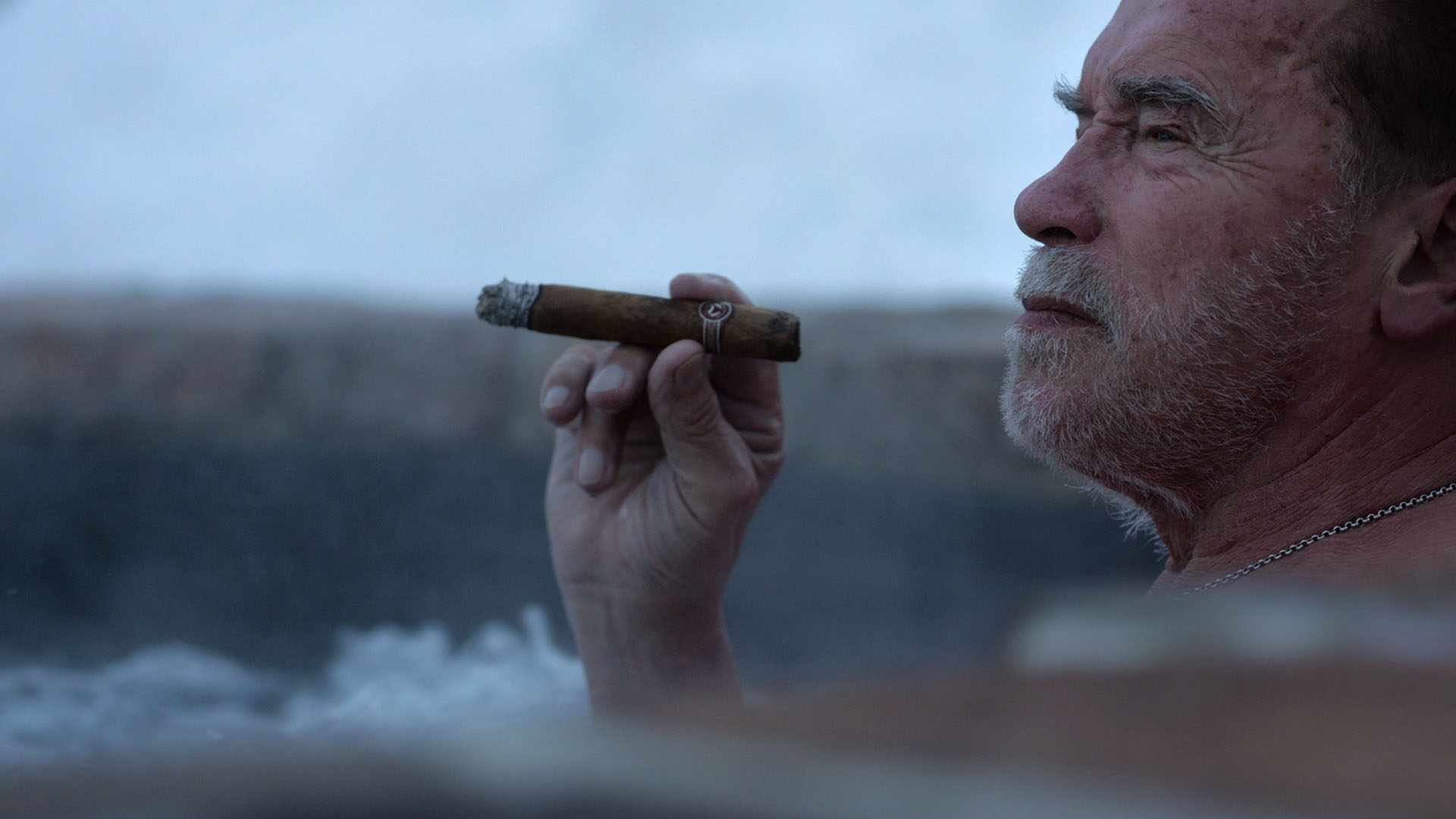
Three-part docuseries Arnold follows Arnold Schwarzenegger’s multifaceted life and career, from bodybuilding champ to Hollywood icon to politician. It may not be the definitive documentary about Schwarzenegger, writes Daniel Rutledge, but is nevertheless fascinating, entertaining and (somewhat) informative.
Arnold Schwarzenegger is the greatest movie star of all time. He’s certainly not the greatest actor, you’d be foolish to try and make that argument, but it’s hard to argue against his being the greatest movie star. He had objectively the best male body that has ever graced our screens as well as intensely expressive eyes piercing out of a supremely masculine face, a ridiculously charismatic smile, a deep, powerful voice and a truly iconic accent. His presence on screen was something truly special and I’m proud to say that once upon a time I felt that presence off-screen and can attest to its power in real life. The man beams greatness in a way you can physically feel.
But of course, he isn’t just the greatest movie star of all time. He’s also the greatest bodybuilder of all time and, after being born in the small Austrian village of Thal and going on to become the governor of California, is also a hugely remarkable politician.
Arnold, the new Netflix documentary, is a catalogue of this incredible life story, from his childhood right through to his current 75-year-old self. In its closing scenes, Schwarzenegger is deeply reflective, contemplating his death while literally looking at and thinking about photos of his life. When it’s at its best, this documentary gives new insight into the man’s life—not just his achievements but especially his failures, some of which he’s more ready to honestly acknowledge in his old age. There’s also plenty of his inspirational philosophy that encourages the pursuit of excellence and the ignoring of naysayers in the way he’s become adept at in his post-governor life.
Schwarzenegger’s biggest fans know this story well already, especially after his 2012 autobiography Total Recall: My Unbelievably True Life Story. But no matter how well you know this man’s story, it’s a special kind of joy to have him retell it, given how incredibly magnetic and charming his screen presence is to this day. And of course, this isn’t a product made only for his biggest fans. It’s an easily consumable and entertaining introduction to the great man’s life for people who haven’t yet spent as much time studying him as they should, too. His bodybuilding career and political career are both covered extensively yet efficiently enough to be valuable to viewers with any level of knowledge. But that’s not the case for everything the documentary covers.
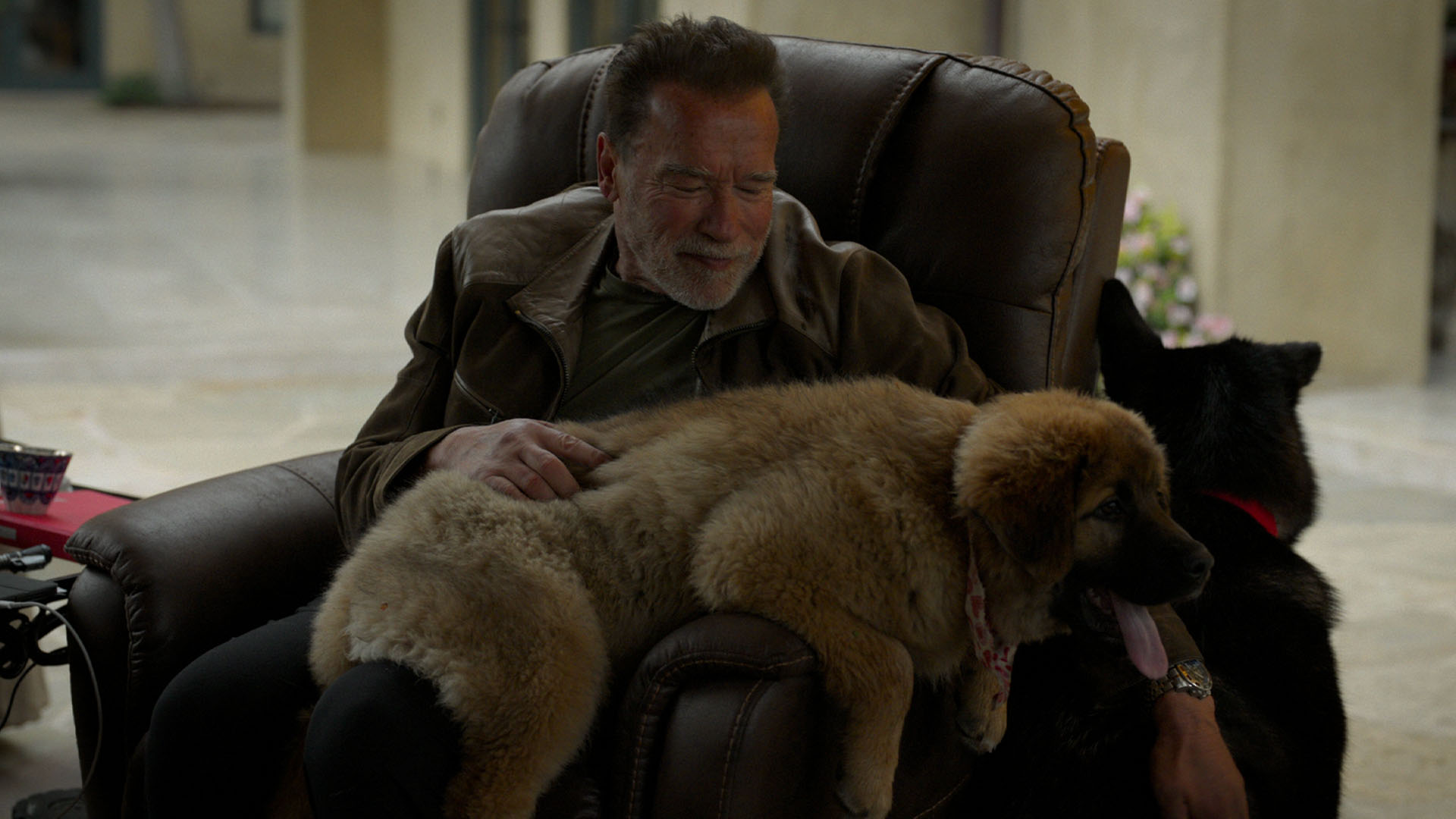
Despite its three hour total running time, this gallops through what for many will be the most interesting part of his life: Schwarzenegger’s action movies. His early Hollywood career is explored thoroughly enough with nice background on Hercules in New York and Stay Hungry, and even a little on The Villain. There’s just about enough on his big break, Conan the Barbarian, but thereafter it gets way too surface-level for his golden era.
The section on arguably the most definitive period of his career is largely a montage of his action scenes alongside those of Sylvester Stallone, who also appears as an interviewee. The two of them go back and forth commenting on their ’80s rivalry as clips of their movies play, but it doesn’t add anything we haven’t heard before. And if you’ve never heard about it before, this doesn’t take advantage of its medium enough, meaning reading a well-written article may be just as satisfying and probably more informative.
The most interesting part of this segment is archival footage of Schwarzenegger promoting Commando and being asked to compare it to Rambo: First Blood Part II, then being asked to rate his muscles against Stallone’s. It’s great, but there’s only a tiny, teasing snippet of it.
It’s also in this section where Schwarzenegger, sadly, praises Ronald Reagan, bizarrely crediting him with ushering in the violent, maximum testosterone, beefcake-driven slew of ’80s action movies we all love. There’s a fairly solid section on The Terminator, but we get very little about Commando or Predator apart from clips, and the likes of Total Recall and The Running Man are barely shown at all.
We also get interviews with Jamie Lee Curtis, James Cameron, Linda Hamilton, Ivan Reitman and Danny DeVito, some of which add enjoyable nuggets of insight, but not as much as I was hoping to get. But it is very pleasing when Curtis discusses Schwarzenegger allowing her name to appear as big as his and before the title card of True Lies—an enormous deal in the world of Hollywood.
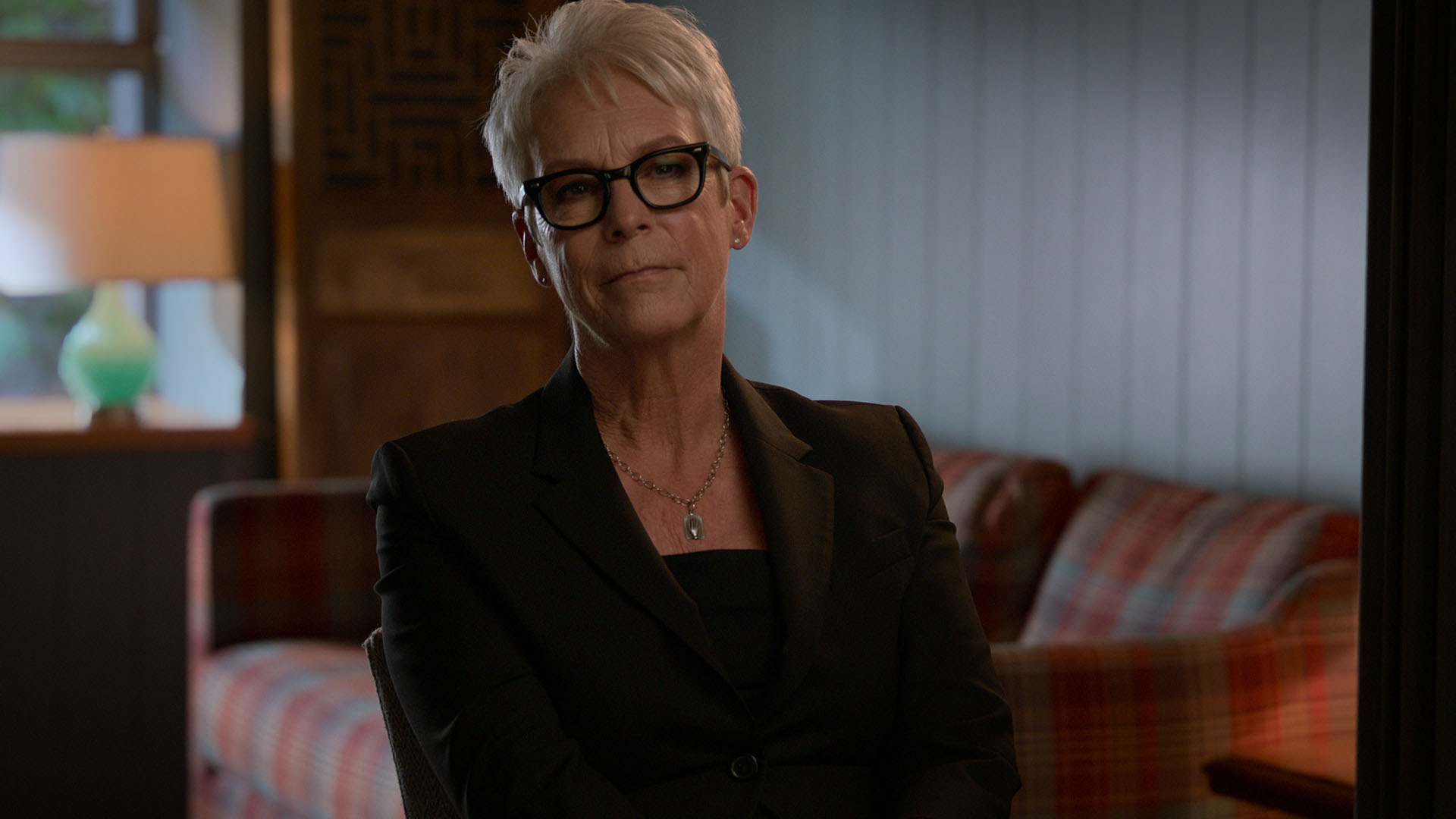
“With all of his big bravado and ego and all the things that have made him, he had the grace to make some room for me. That was a very moving moment for me. And that movie, of course, changed my life,” she says.
It would’ve been great to have commentary from a film historian or scholar in this section to elegantly encapsulate just what an extraordinary run Schwarzenegger had, how unique his body of work is and what it means to the history of cinema. It could’ve been great to include interviews with the likes of Paul Verhoeven, John McTiernan, Mark L. Lester, Joel Silver and John Milius. I also would’ve loved to hear more from Schwarzenegger himself on each of his greatest films, rather than just their box office results, his feud with Stallone and how great America was with Reagan in power.
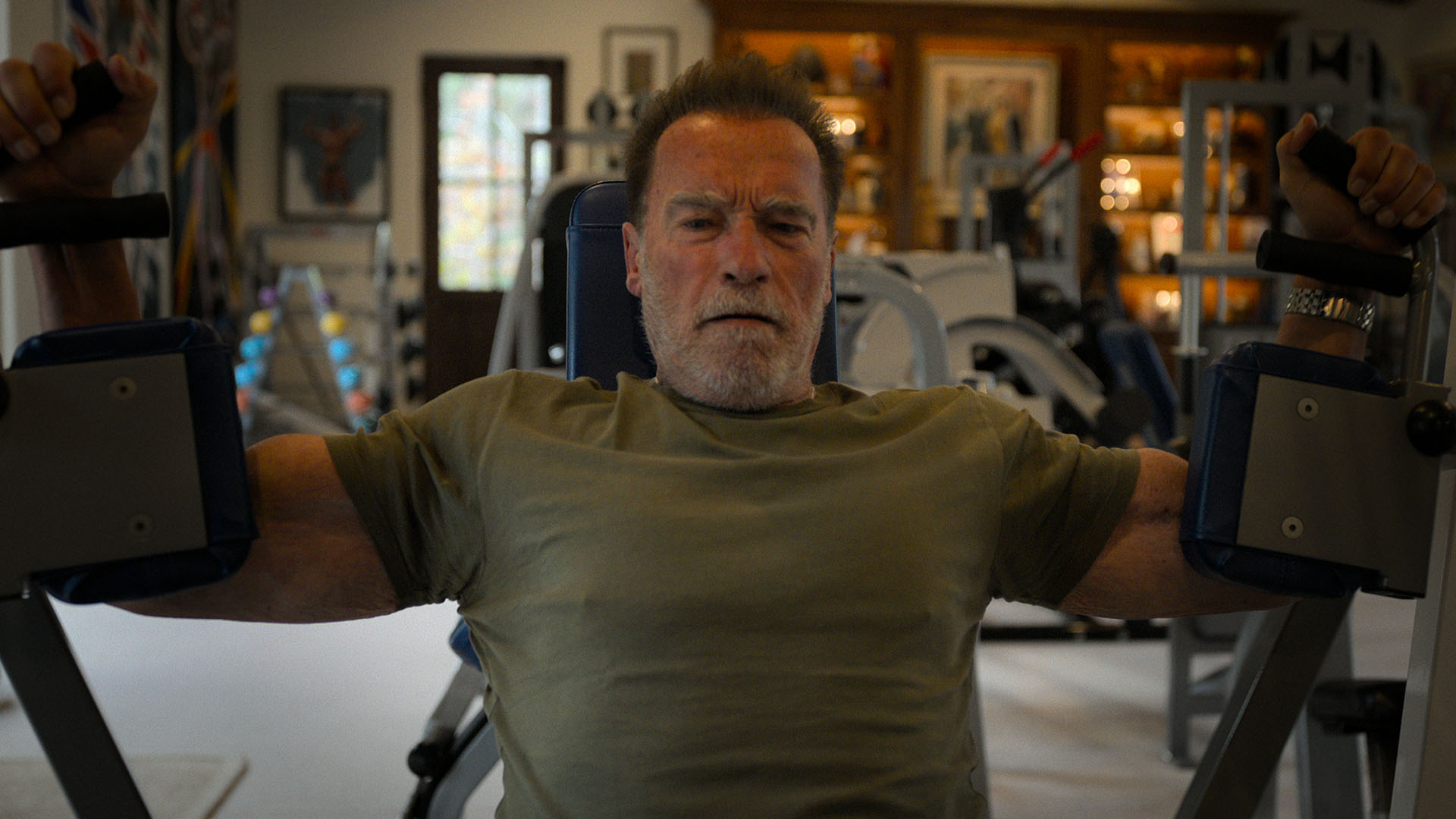
Alas. Arnold is still gratifying for much of its runtime, with moments of grandeur appropriate for the subject matter. A lot of the use of archival footage is delightful, including an amazing bit near the end of episode one. It’s Schwarzenegger giving someone a casual interview while driving around in a car, reflecting on his bodybuilding career as he’s retiring from it.
“It’s a sport and I love to compete. I love to be the best in the world, y’know, just the best. To stand up there and know that there’s no other man better—in this particular field—than I am. I just think it’s such a repetitious thing now that I would like to go on and do another thing and y’know, try to be the best in something else.” The unnamed interviewer, who appears to be in the back of the car, jumps in with: “Like what?”
“I would like to get into acting and find out if I can be good in that,” Schwarzenegger responds.
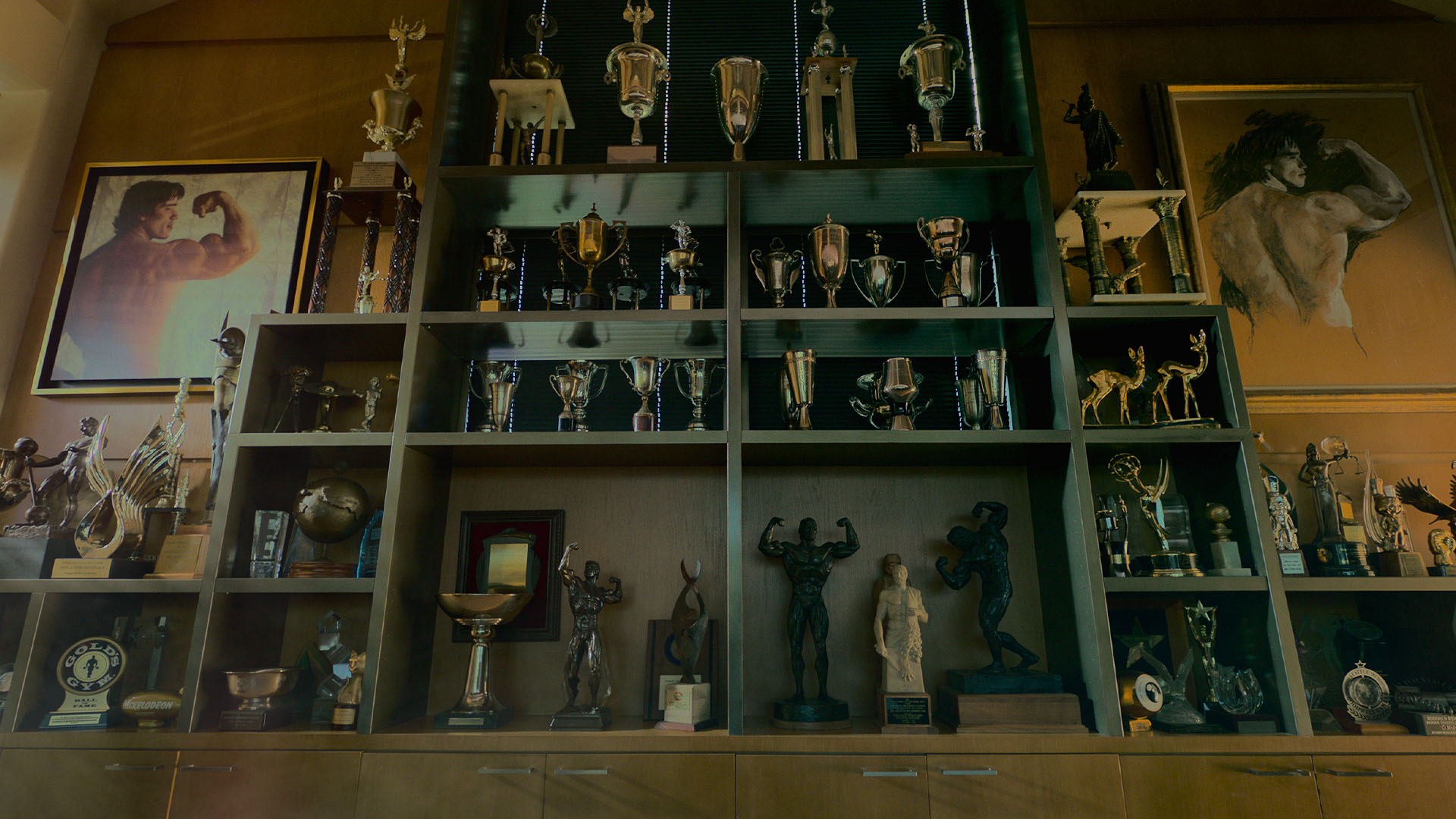
Those quotes written out might not look that special, but there’s something almost magical about him in this clip that sums up a lot of what myself and other fans love. The way he says it is just unbelievably fucking cool. He’s speaking in a casual, off-the-cuff kind of way, with his usual charm, but you know what he went on to achieve from there, and you know underneath his words is an unbelievable drive very, very few other humans have. In another clip he talks about relating to Sir Edmund Hillary sitting atop Mt Everest and almost immediately starting to plot which peak he was going to climb next and how he was going to do it. It’s this sort of celebration of greatness that makes the Schwarzenegger story so beautiful, and so enjoyable to spend time examining.
Arnold is a fascinating, entertaining and somewhat informative documentary about one of the most interesting and inspiring people who has ever lived. But it is not the definitive documentary about Schwarzenegger. That will come at a later date, likely from a more gifted filmmaker and probably with less involvement of Schwarzenegger himself. I look forward to that—but before it comes out, I look forward to watching Arnold several more times over.


















